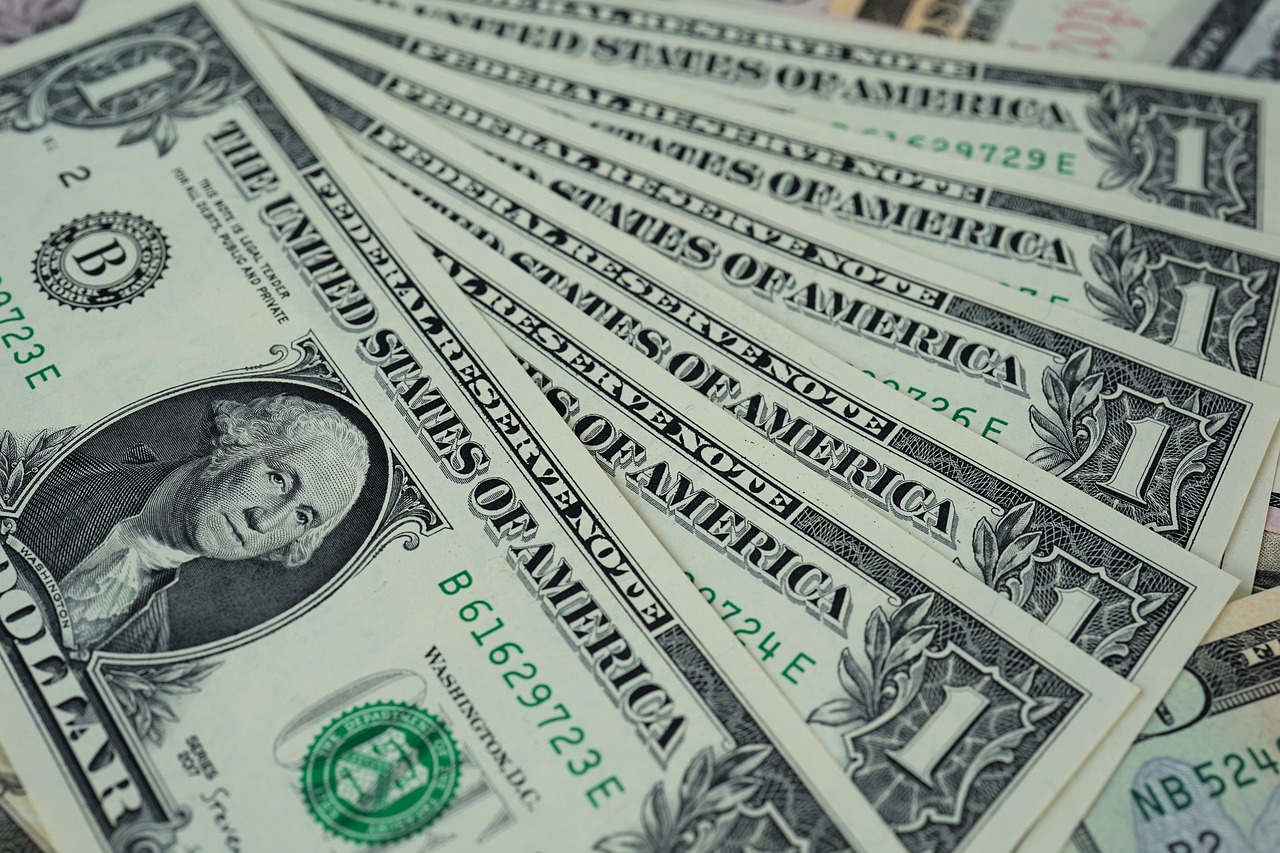Because the Chinese yuan won’t cause de-dollarization

The debate on de-dollarisation in favor of the Chinese yuan appears to be ill-founded: the Chinese currency does not have the means to assert itself. Sergio Giraldo's analysis
For days there has been talk of de-dollarization, i.e. the process of liberation from the US dollar as the main reserve currency, in favor of the Chinese currency, the yuan . The real possibilities that this could happen, however, are very remote, so much so that the debate itself appears to be unfounded.
The idea that the dollar's influence on the world economy is declining is not new. It is true that world foreign exchange reserves in dollars have gone from 70% of the total in 2000 to around 59% in 2022 ( IMF data ). But at that date the rest of the foreign exchange reserves were 20% in euros, 5.5% in Japanese yen, 5% in pounds and 2.7% in yuan. Euros aside, not much has happened in twenty years.
YUAN ADVANCES, BUT NOT ENOUGH
It is also true that some indices show growth in the use of the Chinese currency. For example, last March the yuan was the most used currency for Chinese cross-border trade, overtaking the dollar for the first time. Yuan flows rose to a record $549.9 billion in March, up from $434.5 billion the previous month, according to Reuters calculations. The yuan was used in 48.4% of all Chinese international transactions, while the dollar's share fell to 46.7% from 48.6% the previous month.
This is not enough to say that the dollar is destined to lose its primary role, linked to what in the 1960s was called by Valery Giscard d'Estaing, then French finance minister, "the exorbitant privilege". The privilege would consist in the possibility for the United States to keep interest rates low, thus supporting the economy, without suffering capital outflows, since the demand for US dollars is practically rigid. This allows the US government to finance the deficit at low rates. However, this privilege has a significant counterpart, as we will see.
BECAUSE THE EURO DOESN'T COUNT
We note that the current discussion ignores the euro, not considering it a possible alternative to the dollar. This may be due to two factors: the instrumentality of the current debate, which points to the Chinese yuan as an alternative to the US dollar for propaganda purposes, or the instability inherent in the single European currency. Indeed, the euro remains a weak point on the world currency market because it represents a set of economies that often differ from each other and with significant inflation differentials between countries. Furthermore, the fact that the political level in Brussels has launched an inflationary industrial policy (the Green Deal) is at odds with the mandate of the ECB, which remains that of keeping inflation around the target value of 2%. The automatic pilot with which the European Union claimed to guide the ECB broke down some time ago, but the single currency, as it is constructed, remains a factor of instability. Thus, while last Wednesday the president of the US Federal Reserve Jerome Powell reported positive real rates in the USA, yesterday Christine Lagarde, while raising the reference rate by 25 basis points, remains with real rates still negative (nominal rates at 3.75% against 7% inflation) and inflation prospects are still long.
ALL THE OBSTACLES OF DE-DOLLARIZATION FOR THE YUAN
The first obstacle to the growth of the yuan as a reserve currency lies in the fact that to obtain this result the Chinese government would have to liberalize the financial markets, renouncing capital controls. Financial operators should be able to enter and leave China as they do today in the US, not only in terms of trade, but also in terms of investments. In fact, the dollar remains the most widely used currency in trade because the United States has the most accessible, liquid, flexible, least expensive and least regulated financial markets in the world. The liquidity of the dollar is such that often to change currencies (for example euro into yen) it is better to go through the dollar. Beijing, however, despite claims of support for the yuan, does not seem politically willing to open its financial market to the world and to give up an essential element of the Communist Party's system of government. We would need a legal framework of transparency that is impracticable in Beijing.
The second problem is the counterpart of the "privilege" we have been talking about. The demand for dollars is substantially rigid in the sense that the United States accepts and is able to absorb even huge trade deficits with foreign countries. In fact, the US is the buyer of last resort for other people's trade surpluses. Germany, Japan and China were able to grow by accumulating constant trade surpluses also because the USA was there to import. Those who accumulate surpluses do so by keeping wages and domestic consumption low, as Europe is doing on the German model and as China is doing. If the US stopped running deficits to allow for other people's surpluses, who would assume this role? China, which grew thanks to exports? It would have to completely reverse its model, thus halting its development and, paradoxically, benefiting the US, which could start to grow.
Too many elements are missing for the yuan to even come close to being a real alternative to the dollar as the predominant reserve currency. Nothing is impossible, but the discussion today seems to arise from political motivations, which have more to do with the propaganda attempt to accredit China as a global power than with a serious analysis of reality.
This is a machine translation from Italian language of a post published on Start Magazine at the URL https://www.startmag.it/economia/perche-lo-yuan-cinese-non-causera-la-de-dollarizzazione/ on Sun, 21 May 2023 05:30:27 +0000.
